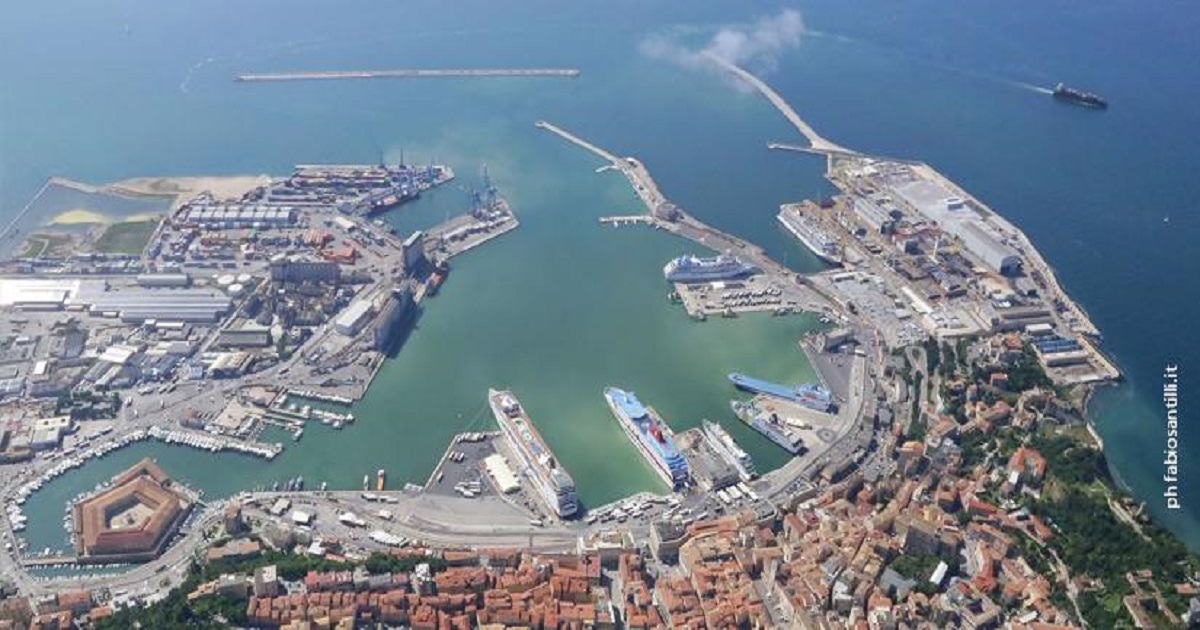Energy Management in Green Ports and Maritime Transportation
A special issue of Applied Sciences (ISSN 2076-3417). This special issue belongs to the section "Transportation and Future Mobility".
Deadline for manuscript submissions: closed (30 August 2024) | Viewed by 2825

Special Issue Editors
Interests: solar energy; heat pumps; air conditioning systems; heat and mass transfer; green building certification systems; energy storage; phase change materials
Special Issues, Collections and Topics in MDPI journals
Interests: energy; renewable energy; energy storage; phase change materials
Special Issues, Collections and Topics in MDPI journals
Special Issue Information
Dear Colleagues,
We are inviting the contribution of articles to this Special Issue entitled “Energy Management in Green Ports and Maritime Transportation”.
The environmental impact of the maritime transport sector has proliferated in recent decades. According to the IMO (International Maritime Organization), maritime transport is responsible for almost 3% of global greenhouse gas emissions (IMO,2020), while the EU (European Commission) estimates that over 70% of the fuel consumed by ships is heavy fuel oil. Maintaining energy efficiency in ports is particularly crucial, especially when they are located close to urban areas. The problem of fossil fuel and noise pollution is caused by berthed ships, which keep their auxiliary engines running in order to produce energy to cover the hotelling services (lighting, indoor air conditioning, fans, pumps and others). The emission of pollutants can easily be conveyed towards the city.
In addition, in port areas, there are often also commercial, productive and internal transport activities, as well as the technological systems of internal buildings that require significant amounts of energy.
This Special Issue aims to collect articles addressing the energy management strategies employed to mitigate the environmental impact of ports, both on the ships and shore. An example is Cold Ironing (CI), which enables an onshore power supply to satisfy the energy demand of berthed ships. Traditional CI withdraws energy from the local grid and puts it under pressure with continuous peaks of demand, especially in larger ports. The local production of energy from renewable sources is a promising solution. From the perspective of green ports and the development of micro-grids, the integration of renewables sources in ports is fundamental. In this way, port areas can be transformed into Renewable Energy Communities (RES), involving both energy producers and consumers. Solar and wind energy, hydrogen plants, and hybrid solutions combining more sources (both in port and on ships) will enhance the energy efficiency and self-sufficiency of ports.
We would like to invite you and your colleagues to contribute original research papers to this Special Issue.
Prof. Dr. Paolo Principi
Guest Editor
Dr. Daniele Colarossi
Guest Editor Assistant
Manuscript Submission Information
Manuscripts should be submitted online at www.mdpi.com by registering and logging in to this website. Once you are registered, click here to go to the submission form. Manuscripts can be submitted until the deadline. All submissions that pass pre-check are peer-reviewed. Accepted papers will be published continuously in the journal (as soon as accepted) and will be listed together on the special issue website. Research articles, review articles as well as short communications are invited. For planned papers, a title and short abstract (about 250 words) can be sent to the Editorial Office for assessment.
Submitted manuscripts should not have been published previously, nor be under consideration for publication elsewhere (except conference proceedings papers). All manuscripts are thoroughly refereed through a single-blind peer-review process. A guide for authors and other relevant information for submission of manuscripts is available on the Instructions for Authors page. Applied Sciences is an international peer-reviewed open access semimonthly journal published by MDPI.
Please visit the Instructions for Authors page before submitting a manuscript. The Article Processing Charge (APC) for publication in this open access journal is 2400 CHF (Swiss Francs). Submitted papers should be well formatted and use good English. Authors may use MDPI's English editing service prior to publication or during author revisions.
Keywords
- cold ironing
- energy management
- microgrid
- renewable energies
- renewable energy communities
- smart ports
- green ports
- optimization
- forecasting
- energy production
- energy storage
- energy demand
- shipping
- photovoltaic
- wind energy
- biomass
- hydrogen
- environmental impact
Benefits of Publishing in a Special Issue
- Ease of navigation: Grouping papers by topic helps scholars navigate broad scope journals more efficiently.
- Greater discoverability: Special Issues support the reach and impact of scientific research. Articles in Special Issues are more discoverable and cited more frequently.
- Expansion of research network: Special Issues facilitate connections among authors, fostering scientific collaborations.
- External promotion: Articles in Special Issues are often promoted through the journal's social media, increasing their visibility.
- Reprint: MDPI Books provides the opportunity to republish successful Special Issues in book format, both online and in print.
Further information on MDPI's Special Issue policies can be found here.






